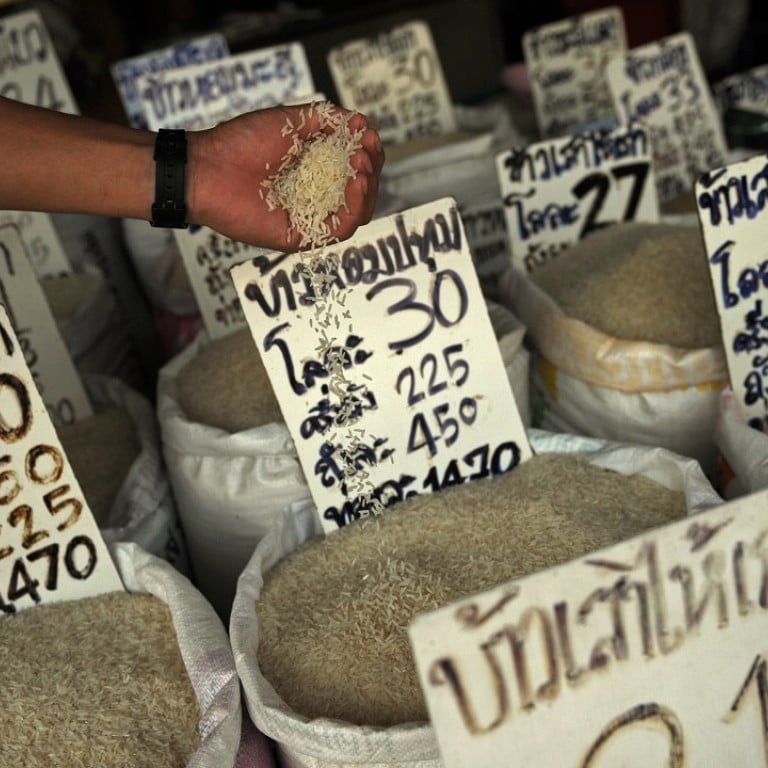
How Thailand became world’s biggest rice exporter with Hong Kong’s help
- When Asia’s rice basket, Burma, committed economic suicide Thailand took over as No 1 exporter of the grain, and blood ties with Hong Kong traders were key
- Its reign was ended by another economic lurch under Yingluck Shinawatra’s government
Like many successful Sino-Thai businessmen, Vichai Sriprasert was instilled with the Chinese work ethic from a young age.
“My grandmother would say, ‘Be honest, work hard and don’t spend anything,’” Vichai says. The 75-year-old grew up with his grandmother in Bangkok while his parents worked in Ayutthaya province in central Thailand, running the family rice mill.
How Havana of the East gave up on tobacco growing
Despite his grandmother’s maxim, the family was willing to spend money when it came to education, and sent Vichai to the US, where he studied economics at the University of Michigan.
He returned to Thailand to help his father’s rice business in the 1970s. He persuaded his father to switch to exporting parboiled rice, instead of plain white rice or jasmine rice.
“What I learned from school was about product differentiation,” Vichai says. “You have to do something so that your product is not the same as your competitors.”
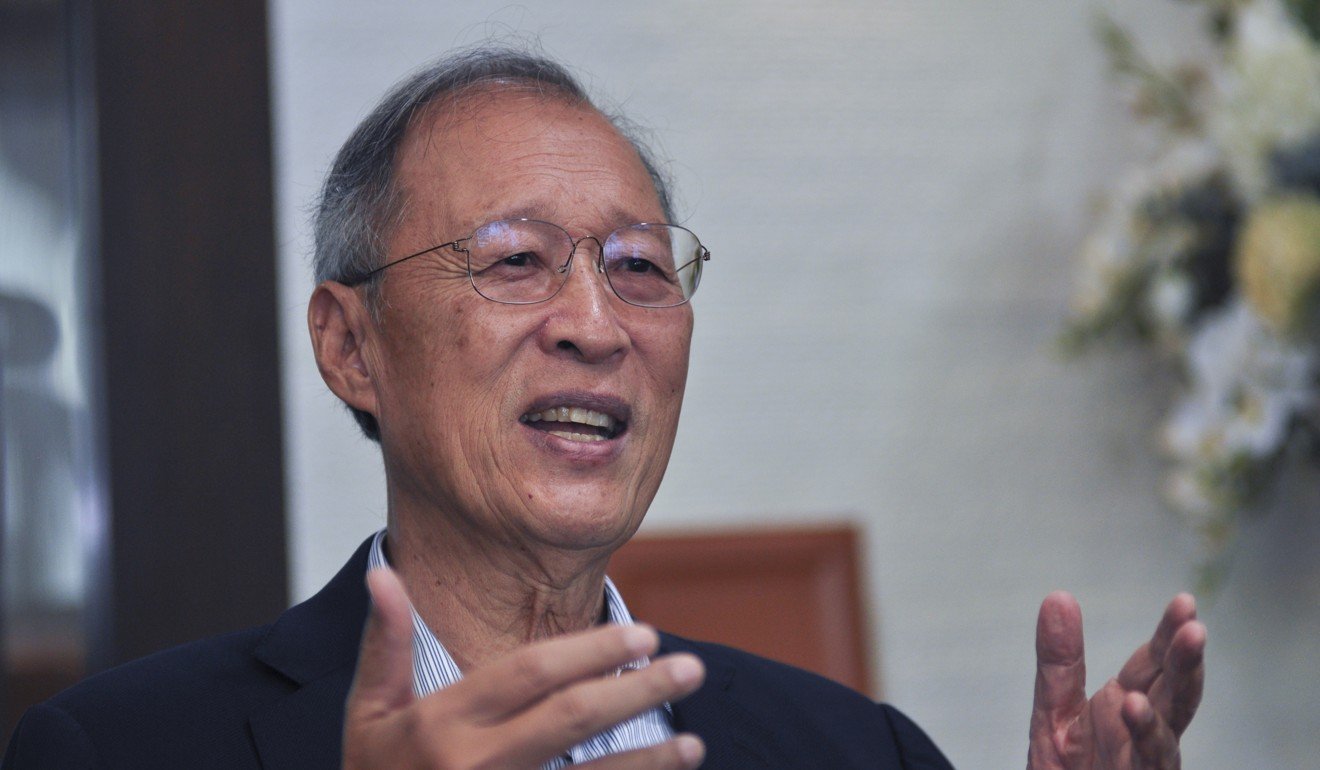
Parboiled rice has been soaked in hot water, then steamed to make the starches gelatinise in the rice grain, giving it a translucent look and a hard texture that makes it durable.
Vichai introduced US-based parboiling technology to Thailand and started exporting parboiled Thai rice to new markets.
“I controlled the South African market for decades, replacing US parboiled rice there because our rice was about US$100 cheaper per tonne,” Vichai says. “I made a lot of money.”
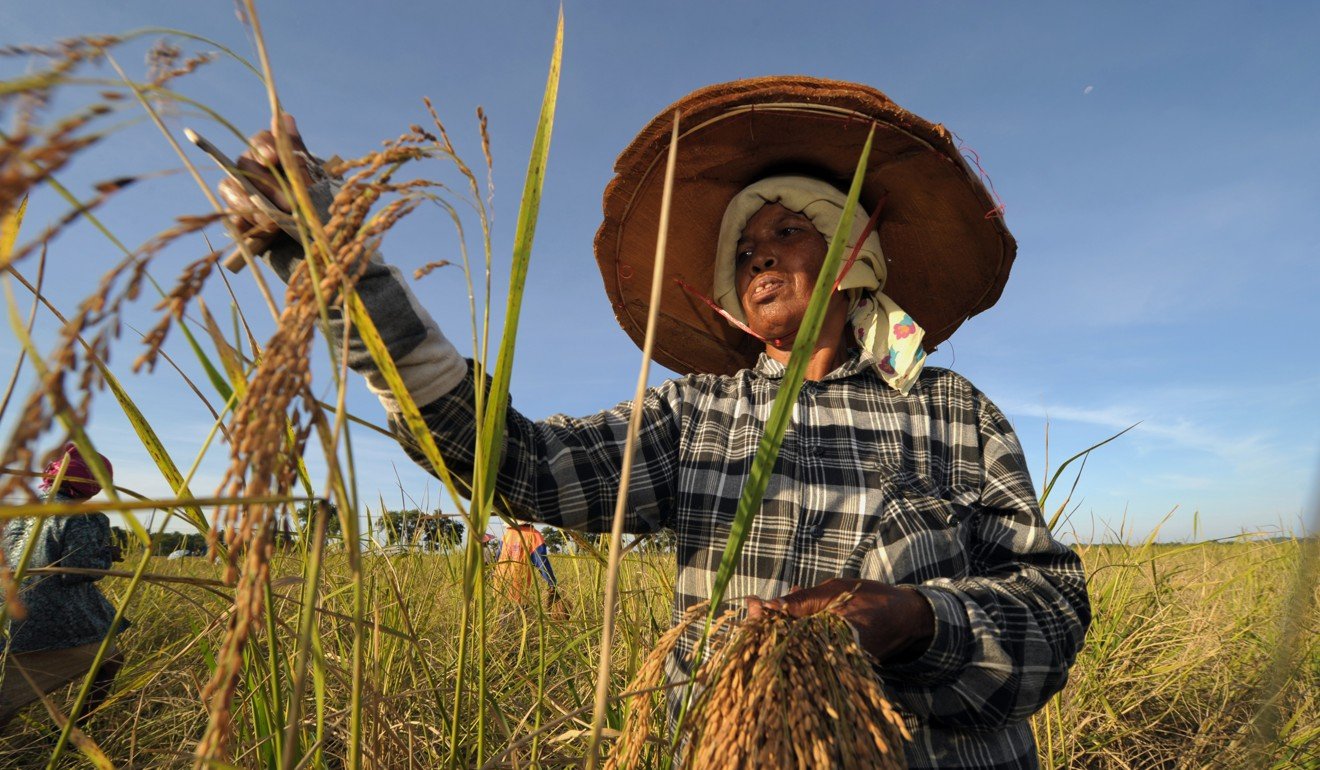
Thailand is now a major exporter of parboiled rice, which accounts for almost one-third of the country’s annual shipments of 10 to 11 million tonnes. Export markets include Africa, Europe and the Middle East.
The country was for decades the world’s leading exporter of rice, replacing Myanmar after 1962 when General Ne Win staged a coup and transformed the once thriving Burmese economy into a socialist basket case, crippling the rice export sector in the process.
Although ranked only sixth worldwide in terms of rice production, Thailand has long enjoyed a rice surplus of around 10 million tonnes a year, thanks in part to large dams built in the 1950s and ’60s that fed an irrigation system into the lush central plains, as well as the business acumen of its rice exporters.
Long before then, going back to the mid-19th century, Thailand was an exporter of rice to southern China.
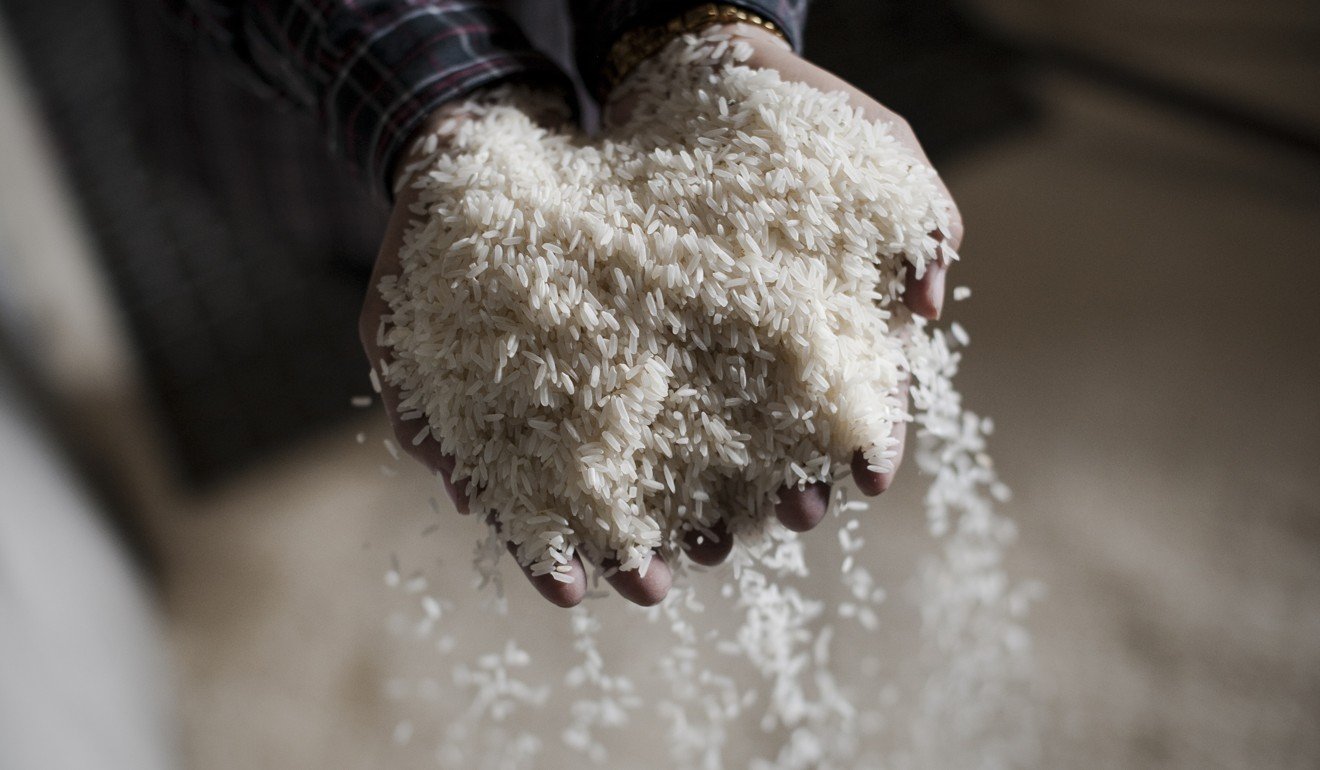
The rice trade, like most lucrative businesses, was a royal monopoly until the enlightened reign of King Mongkut (1851-68). A scholar, King Mongkut liberalised the rice trade early in his reign and then opened the kingdom up to international trade with the Bowring Treaty in 1855.
Rice gave birth to numerous Sino-Thai fortunes, such as those of the business clans Wang Lee (banking), Bulakul (property), Trivisvavet (construction) and Assakul (glassware), all of which started out in rice milling or trading.
“The first Wang Lee rice merchant was based in Swatow [modern-day Shantou],” says Sanan Wanglee, managing director of Lhong 1919, an old port and warehouse depot on Bangkok’s Chao Phraya River that has recently been transformed into a tourist attraction. “He began trading rice from Hong Kong for sugar from Swatow and after he became a shipowner he started trading rice from farther away, from Thailand.”
Bangkok Old Town has it all, from the Grand Palace to busy nightlife
The Wang Lees migrated to Thailand in the 1850s, eventually becoming big players in the rice trade. “The Chinese junks would come here with tea, silk and ceramics and leave with rice,” Sanan says.
The Wang Lee family later branched out into finance, first to handle the remittances of Chinese labourers in Thailand back to China, and eventually to establish the Wang Lee Bank, later renamed Nakornthon Bank.
Wanglee still engages in rice exporting and is one of the oldest members of the Thai Rice Exporters Association (TREA), a largely Sino-Thai club, whose members are responsible for about 90 per cent of Thailand’s rice exports and which celebrates its centenary on November 9.
The Hong Kong market was good for our reputation
When Thailand began expanding its rice exports in the ’60s, its first major export market was Hong Kong, where trade was facilitated by language.
Many of the Hong Kong rice importers are Teochew, the dominant Chinese dialect group in Thailand (Teochew or Chiu Chow speakers come from Fujian province or the eastern part of Guangdong province in southern China). Vichai, the chief executive officer of Riceland International, is a fourth generation Teochew Chinese.
“Most of the rice importers in Hong Kong stay in Sheung Wan district on Hong Kong Island,” says Charoen Laothamatas, president of the TREA. “They have a rice importers’ association there and I would say that half of them are Teochew.”
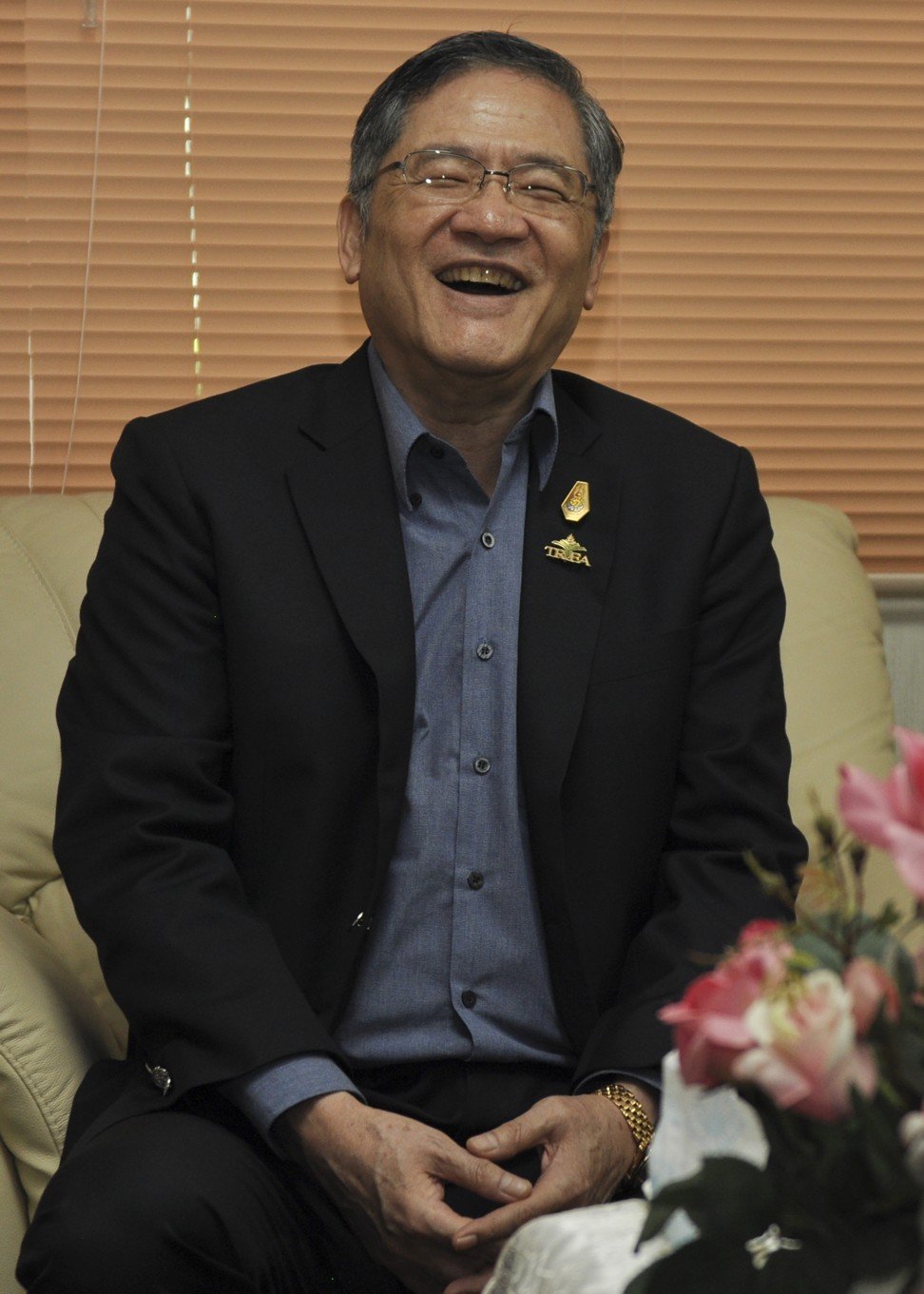
The Bangsue Chia Meng Rice Mill Company, for example, has been exporting “fragrant” jasmine rice to Hong Kong for the past 60 years under its Golden Phoenix brand.
“Hong Kong was our first export market,” says the company’s managing director, Vallop Manathanya. “We have two major customers in Hong Kong and my uncle could speak Teochew with them, so they could communicate.”
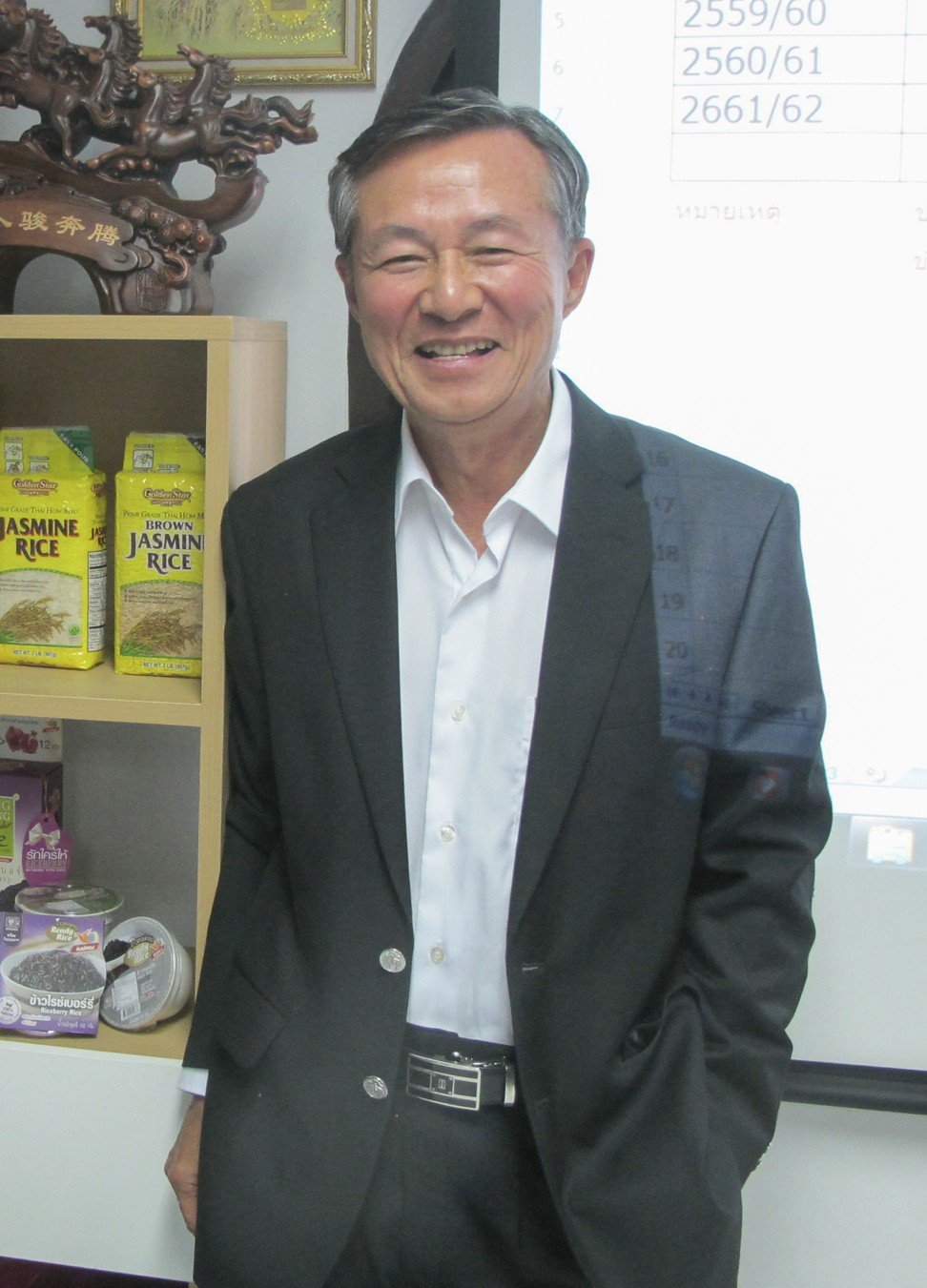
Bangsue Chia Meng is now a major exporter of jasmine rice worldwide. “The Hong Kong market was good for our reputation,” Vallop says. “Our customers are Chinese people who have migrated around the world and when they want good rice from Thailand they ask their Hong Kong connections.”
Having good connections in Hong Kong helped Vallop’s company survive the recent collapse of Thailand’s rice export sector under the populist “paddy pledging scheme” of the Thai government from 2011 to 2014. The scheme was led by Yingluck Shinawatra, sister of Thaksin Shinawatra, a telecommunications tycoon turned politician who now lives in self-exile, as does Yingluck.
Yingluck was sentenced in absentia in September 2017 to five years in prison for negligence for overseeing the paddy pledging scheme, which promised to buy “every grain of rice” from Thai farmers at prices 40 to 50 per cent above market rates. The policy lost the country an estimated 600 billion baht (US$18 billion), and was one of the justifications military leaders used for their 2014 coup d’etat, which ended civilian government in the country.
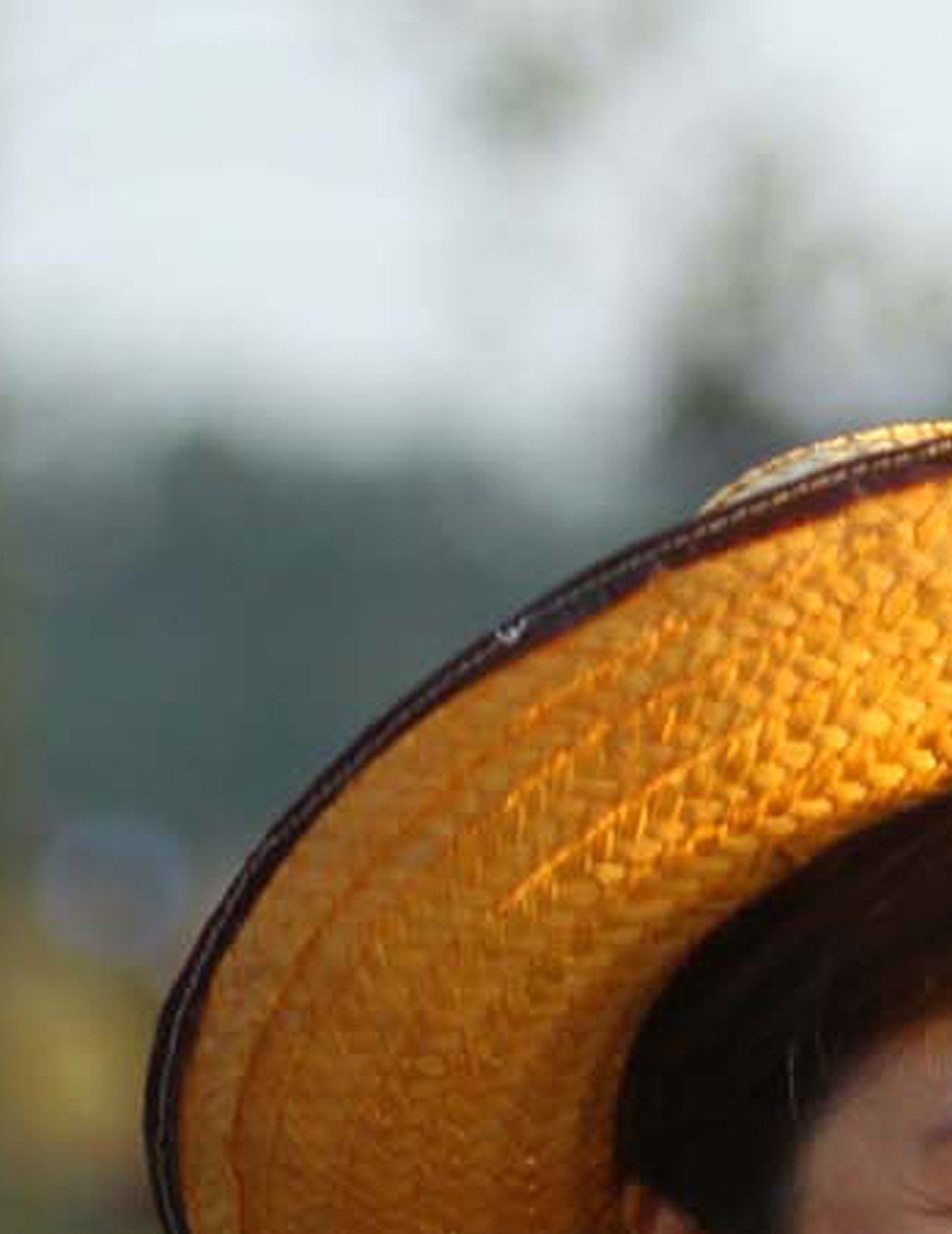
The policy also resulted in Thailand losing its long-held position as the world’s top rice exporter, being replaced by India in 2012. While the scheme operated, Thai rice exporters could not compete on the world market. Exports slipped to about 7 million tonnes in 2012, and only returned to the previous level of 10 to 11 million tonnes in 2014.
During the Yingluck years, Thailand’s share of the Hong Kong rice market fell from 90 per cent to 45 per cent. It has since recovered to about 60 per cent, but it will never be the same.
Politicians love to spend money on boosting the price of rice, but not on the production side
For that reason the TREA’s centenary bash at the posh Dusit Thani Hotel in Bangkok, to which more than 400 guests have been invited, including representatives of the regional rice trade in Hong Kong, Malaysia, Singapore and Vietnam, won’t be an occasion for unalloyed celebration.
“Before [the paddy pledging scheme] the premium market in Hong Kong never bothered to buy jasmine from our neighbouring countries such as Vietnam and Cambodia because they didn’t trust the quality,” says Chookiat Ophaswongse, an honorary president of the TREA. “But they were forced to buy during the scheme because our price was too high.”
Vietnam now controls 20 to 25 per cent of the Hong Kong market for jasmine rice, and Cambodia is coming up.
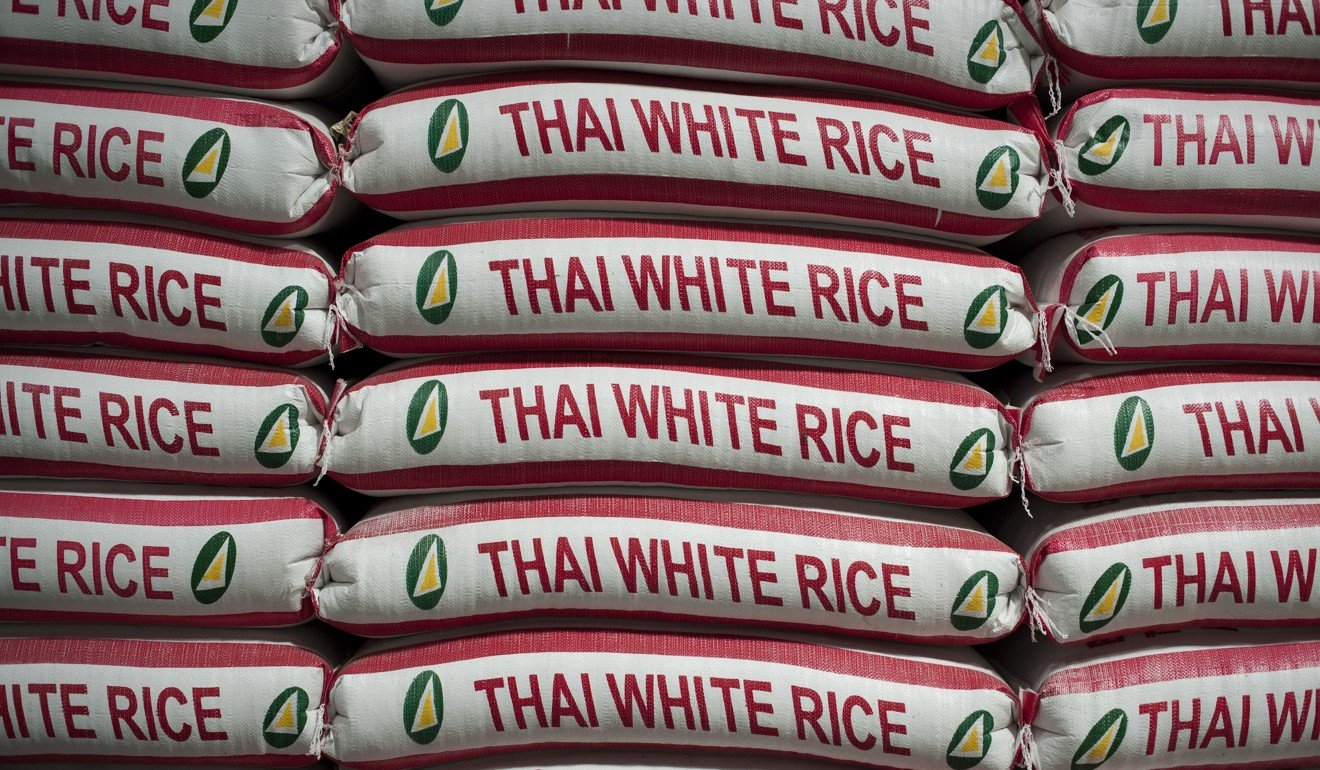
Needless to say, the TREA was no fan of the paddy pledging scheme nor any of the other populist policies involving rice farming, which still employs an estimated seven million Thais, a large voting bloc.
“Politicians love to spend money on boosting the price of rice, but not on the production side,” Chookiat says. “As a private sector association we have recently got involved in the farming side much more than before. We cannot depend on the government so we are trying to help ourselves.”
How to make pad thai: recipe for popular Thai stir-fry is easy to master
Under Charoen’s stewardship the TREA has this year been distributing seeds of soft variety rice, popular in Hong Kong and China, to Thai farmers in the central plains in an effort to diversify Thai rice production. They will pay farmers above market price for the new varieties.
“This is the first time the association has done this,” Charoen says. If the trial project works, it will extend it next year.
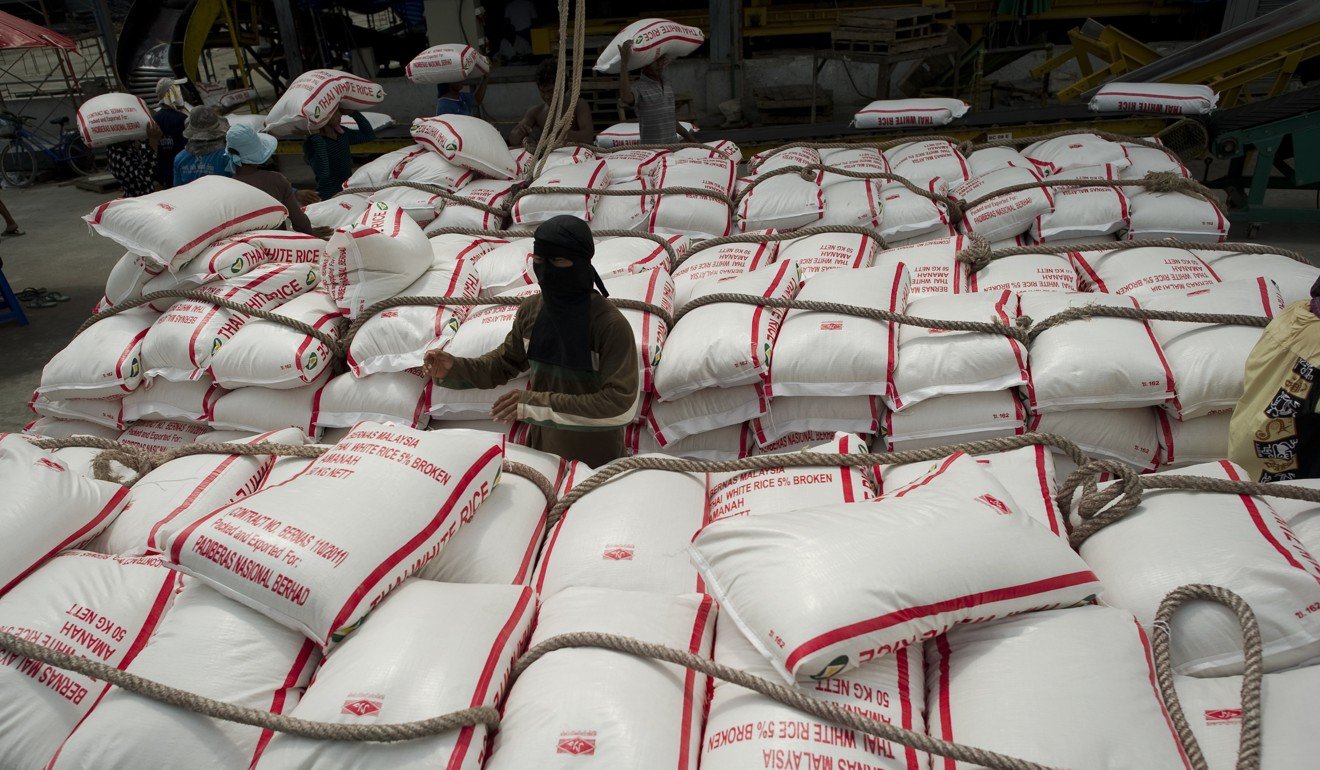
Vallop’s firm has been doing something similar with jasmine rice farmers in northeast Thailand for the past four years, offering them higher quality seeds and introducing a new, more economical seeding method. His farmers have been able to increase their earnings by 40 per cent, which has helped Bangsue Chia Meng recruit nearly 2,100 farm families to the programme this year, up from 53 in 2014.
While Thai rice exports face increasing competition from their neighbours – Cambodia, Myanmar and Vietnam – a bigger challenge may come from global warming, soil degradation or the use of modern farming methods that appear to be taking some of the fragrance out of Thailand’s prime export crop: jasmine rice.
“The only complaint we hear about our fragrant rice is that it is less fragrant nowadays, and this is true,” Vallop says. “We have been asking the government to help us correct this for the past 10 years, but still no response. They need to do some research on this.”
